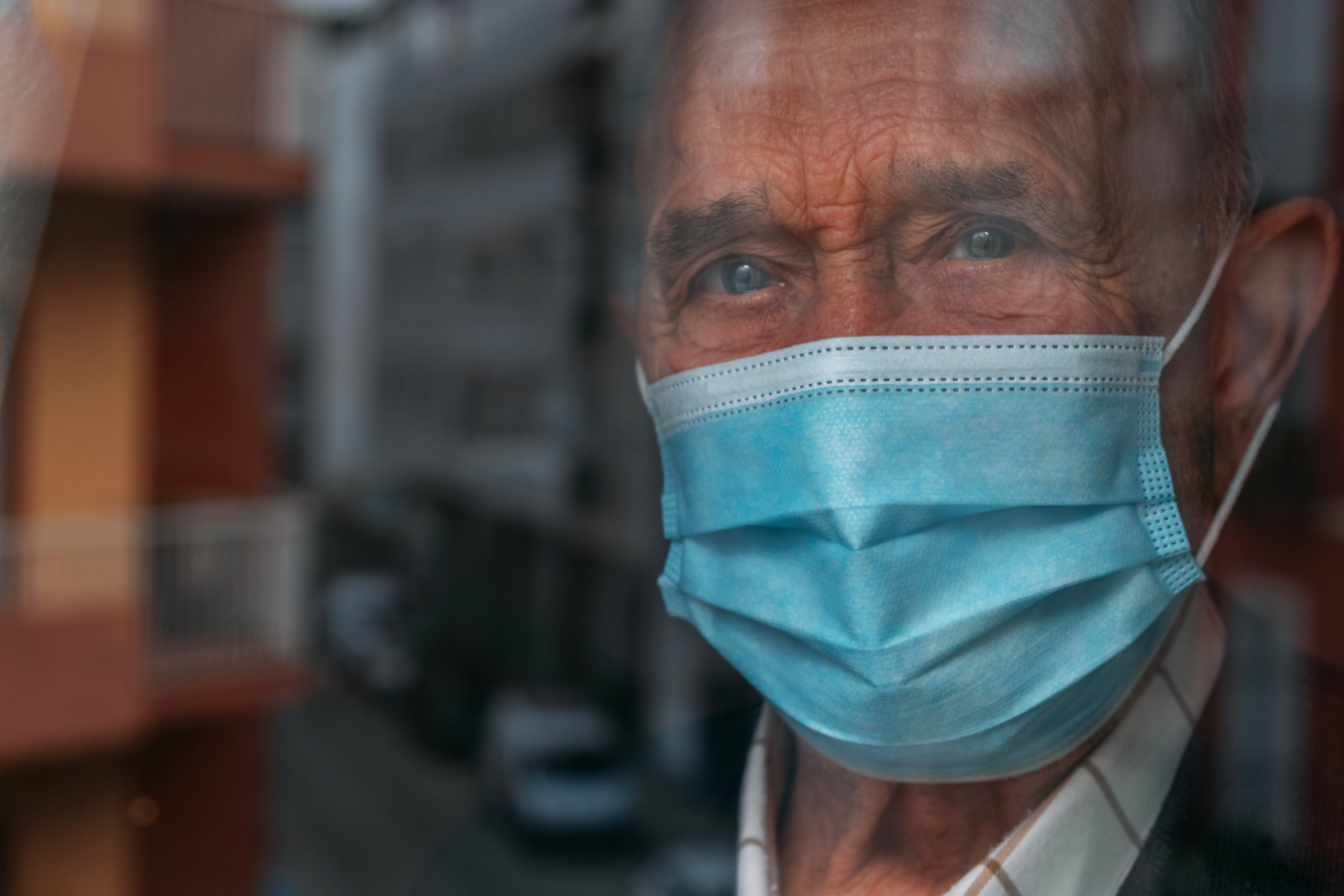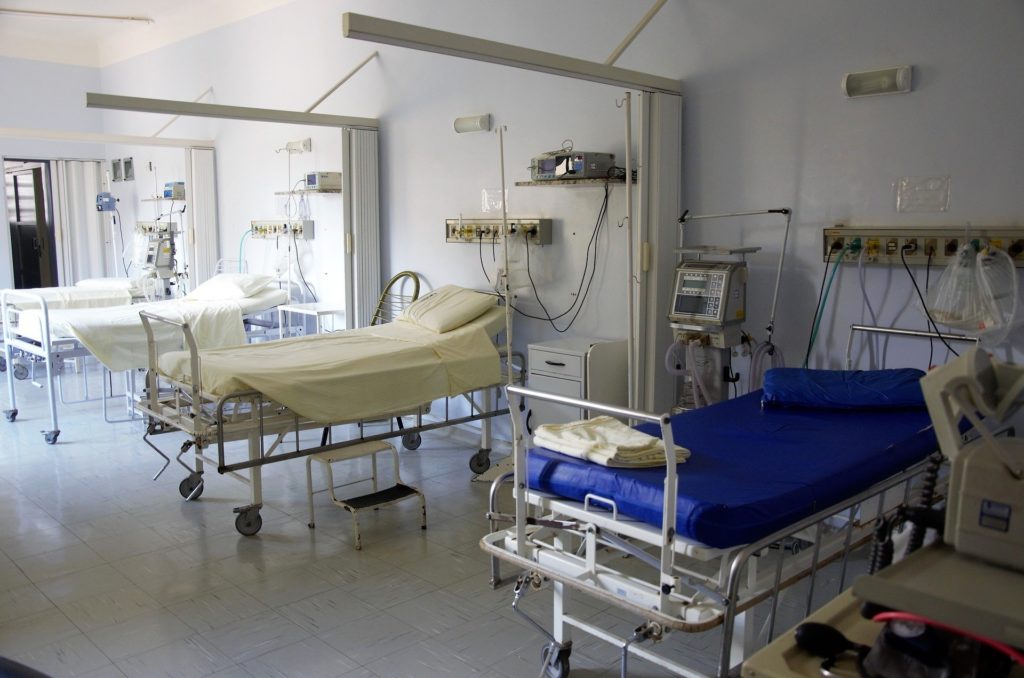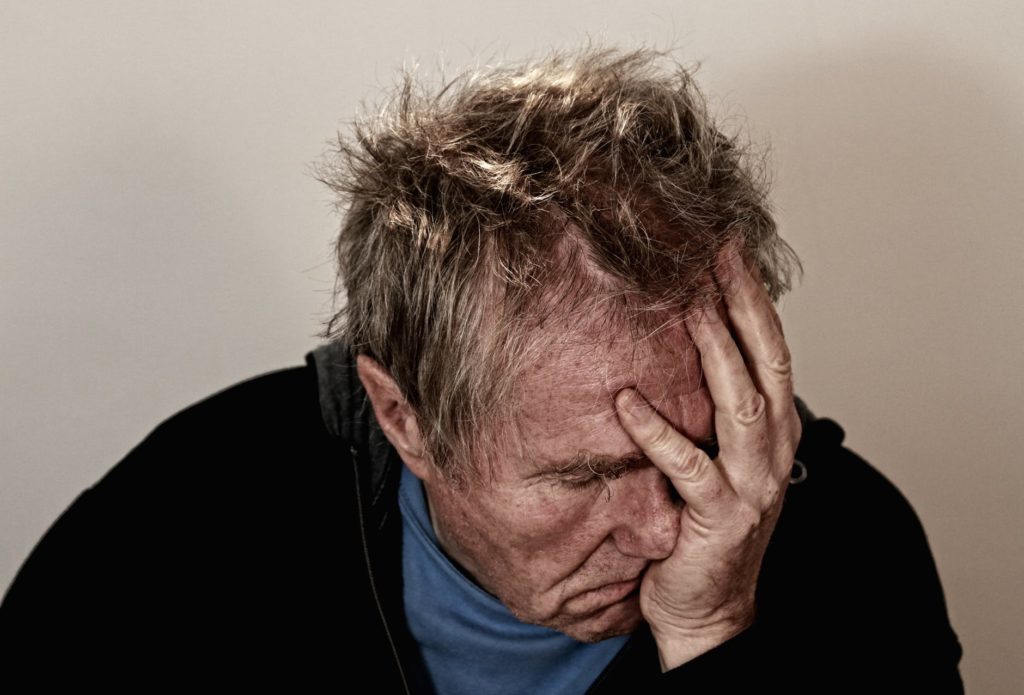
What If We Ignored Those Most Vulnerable to COVID-19?
“We locked down America with relative speed in March and we avoided all the worst predictions of the potential impact of the coronavirus, but we struggled to reach consensus anywhere on how to responsibly open back up.” If we had to write the one sentence history of the COVID-19 pandemic today, that would be something like America’s version. We don’t know how things will continue to play out, but what’s clear at the moment is that state and local leaders appear to be paralyzed. Unfortunately, those bearing some of the greatest costs of this ruling class paralysis aren’t likely the first to come to our minds. Their story is not told in the TL/DR history of this time. We’re witnessing the failure of the managerial bureaucracy when leaders like New York’s Gov. Andrew Cuomo direct that COVID-positive patients be placed amongst not-yet-infected vulnerable populations. This failure to protect our elders, owing at best to incompetence and at worst to willful indifference, is not limited to New York. Gregg Girvan and Avik Roy of the Foundation for Research on Equal Opportunity (FROEPP) report on the truly grim national impact of COVID on our elders: According to the Centers for Disease Control and Prevention, 5.1 million people live in nursing homes or residential care facilities, representing 1.6% of the U.S. population. And yet residents in such facilities account for 40 percent of all deaths from COVID-19, for states that report such statistics. … On the flip side, it would appear that elderly individuals who do not live in nursing homes may be at a somewhat lower, while still significant, risk for hospitalization and death due to COVID-19. States and localities should consider reorienting their policy responses away from younger and healthier people, and toward the elderly, and especially elderly individuals living in nursing homes and other long-term care facilities. FROEPP is providing vital perspective on a policy failure that risks becoming an elder abuse crisis, insofar as our political leadership continues to fail in repurposing resources to protect those populations most at risk. On Twitter, Avik Roy addresses New York’s apparently low numbers: “A lot of people are speculating that NY state’s numbers are so low because NY counts as a hospital death a nursing home resident who dies in a hospital. We haven’t confirmed that this reporting approach is unique to NY. … But for those who are debating the merits of continuing full lockdowns, it’s worth considering the fact that 39% of #COVID19 deaths are occurring at self-contained residential facilities that host 1.6% of the U.S. population.” It’s worse when looking at the city level rather than the state level. ABC7 in Los Angeles reports that “51% of COVID-19 deaths in LA County were residents in ‘institutional settings’”. Instead of focusing like a laser on this aspect of the pandemic and how best to mitigate it, and instead of allowing all who feel able to do so to return to their businesses and their jobs, California’s political elite spent a significant portion of this week dealing with Alameda County mandarins attempting to keep Tesla, the state’s only automaker, shut down. We’re wasting this precious time. To the degree that lockdowns remain necessary, this time should be spent formulating plans to protect those populations most vulnerable for the foreseeable future. It should be astonishing that our political and media elite — so eager to lecture, so eager to tout their bona fides, so eager to proclaim the need to “believe science” — are ignoring what we know to be true about the populations most impacted thus far, and thus most deserving of our focused response. Dr. Charlie Camosy, author of Resisting Throwaway Culture: How a Consistent Life Ethic Can Unite a Fractured People, gets it: How can we credibly speak about human dignity and the rights of marginalized peoples internationally when we fail to protect our own most vulnerable peoples at home? We must do better in living up to our principles. This virus is not going away. If you have a loved one in a nursing home or institutional care setting, consider sitting down at the kitchen table with your family to determine what it would take to bring your loved one home. I’d wager that many persons for whom institutional care once made sense no longer belong there. There likely will come a point at which the burdens and risk of such care will outweigh the benefits. Especially for those who may already have limited time left, wouldn’t it be better to share that time together and as a family, than leave them to die alone? When it comes to the failure of our political ruling class, we can only stare in amazement. But when it comes to the options available to us in our own lives to care for those we know who are most vulnerable, now is the time to act.



